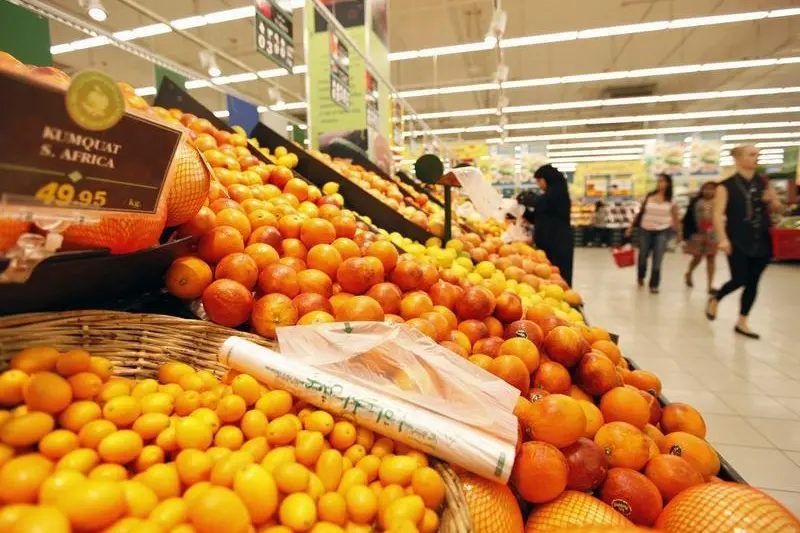PHOTO
Saturday, Jun 04, 2016
Dubai: Inflation in the UAE is under control and, in the past four months, it has been under 2 per cent, said Dr Cedwyn Fernandes, economist and director, Middlesex University Dubai.
When compared to April 2015, the overall inflation rate in Dubai is 1.9 per cent, he said.
“This is a combination of the price movements in different components of the Consumer Price Index (CPI). Transport declined by 5.39 per cent, reflecting the lower fuel prices. Education increased by 6.74 per cent, an indication of the privatisation of the education sector and the aspirations of students and parents for a higher quality of education. Housing and utilities, which account for 43.70 per cent of the Index, showed an increase of 3.99 per cent. The decline in rents has not yet been reflected fully in the Index,” he said.
On the food commodities front, Dr Fernandes said, “What is of some concern is that the food component [in the UAE] has shown an increase of 4.08 per cent over last year. This does not reflect the international food price trend indicated by the FAO Index — [wherein] cereals -10.4 per cent, meat - 16.51 per cent, dairy -35.32 per cent [have shown decline in prices] and vegetable oils 10.79 per cent and sugar 16.06 per cent [have increased]. One explanation could be that the Dollar Index when compared to April 2015 declined by -4.08 per cent, increasing the price of food imports into the UAE.”
Regarding the price control of essential commmodities during Ramadan, Dr Fernandes said, “A Nielsen study indicates that food purchases increase by around 10 per cent during Ramadan. And it is important that food supplies are well stocked. Many organisations and individuals sponsor communal iftars at mosques and in labour accommodations. In order to capitalise on the additional demand during this period, retailers offer discounts on popular products like powdered beverages, concentrated juices/cordials, dates, bouillons, soups, oats, milk powder, condensed milk and dry desserts. This marketing strategy is good as each retailer wants to increase the footfall at their outlet with the hope that the consumer will also buy other items which may not be on discount.”
Dr Fernandes lauded the Ministry of Economy’s efforts to keep a close watch on prices of essential commodities during this period to ensure that there is no artificial shortage created by collusion amongst retailers. “By having meetings with suppliers ahead of Ramadan, the ministry encourages them to increase imports and provides subsidies to ensure this,” he said.
International food price trend indicated by FAO
Cereals: -10.4 per cent
Meat: -16.51 per cent
Dairy: -35.32 per cent
Vegetable oils: 10.79 per cent
Sugar: 16.06 per cent
By Suchitra Bajpai ?Chaudhary Senior Reporter
Gulf News 2016. All rights reserved.





















